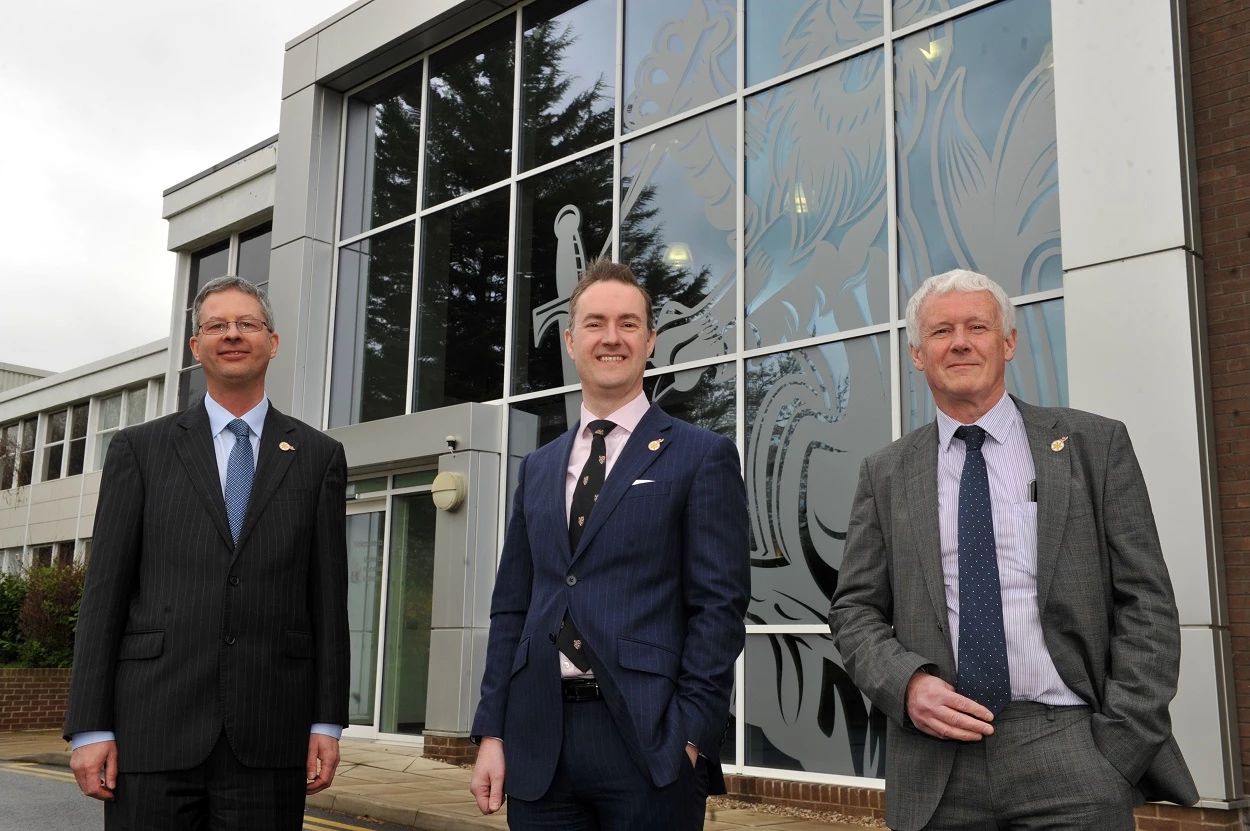
Member Article
Materials Processing Institute to contribute expertise to United Nations decarbonisation initiative
Three senior figures from the Materials Processing Institute have been invited to contribute to a United Nations Industrial Development Organisation (UNIDO) initiative to decarbonise heavy industry.
Since launching its Industrial Deep Decarbonisation Initiative (IDDI) at the 12th Clean Energy Ministerial in June 2021, and it being announced at the COP26 climate conference, it has established three technical working groups to progress policy designed to create demand for low-carbon materials, including steel and concrete.
IDDI is a coalition of public and private organisations co-ordinated by UNIDO and led by the governments of the United Kingdom and India, with current members including Germany, Canada, and United Arab Emirates.
These countries have already signalled their intention to buy low-carbon steel and concrete and the IDDI is seeking to align government action to create markets for low-carbon industrial products by establishing public and private sector procurement targets, incentivising investment in low-carbon product development, and revising industry guidelines.
The UK-based Materials Processing Institute was selected to take part as it is at the forefront of research and development to decarbonise the foundation industries, including steel and cement.
In 2020, the Institute was awarded the PRISM research and innovation programme with funding provided through Innovate UK, part of UK Research and Innovation. This five-year programme supports innovation in decarbonisation, digital technologies, and the circular economy within the steel and metals sector.
In addition, the not-for-profit organisation is also involved in a wide range of research programmes focused on minimising the use and extending the life of materials, promoting the circular economy, and reducing waste, emissions, and energy leakage.
Chris McDonald, the Institute’s Chief Executive, will sit on the Low-Carbon Standards Advisory Group, which supports the development of material-specific standards or guidelines for measuring the life cycle of greenhouse gas emissions of steel, cement, and concrete.
Dr Gerard Stephens, Director of Operations, joins the Green Public Procurement Advisory Group, which aims to agree a joint approach to measuring and reducing embodied carbon in concrete and steel in public construction projects, while Chief Technology Officer, Alan Scholes, will advise the Data and Reporting Advisory Group, which will draw up guidelines for data collection and green public procurement reporting frameworks.
All are serving on a voluntary basis for the extent of the initiative.
Chris McDonald said: “The Materials Processing Institute is already a globally-recognised centre for research and development into the commercialisation of the technology that can deliver industrial decarbonisation.
“It is a measure of the knowledge and expertise available at the Institute, that it has been invited to contribute to each of the IDDI’s three advisory groups and we are all honoured to take part.
“This initiative is a great example of countries and organisations coming together under UNIDO to ensure that governments can use their purchasing power to stimulate the market for green steel and concrete.”
Current methods of production mean steel and cement are among the most carbon-intensive industrial materials on the planet accounting for between 14 and 16 percent of global energy-related CO2 emissions.
This was posted in Bdaily's Members' News section by News Gathering .




 test article 123456789
test article 123456789
 hmcmh89cg45mh98-cg45hm89-
hmcmh89cg45mh98-cg45hm89-
 test456456456456456456
test456456456456456456
 test123123123123123123
test123123123123123123
 test xxxdiosphfjpodskhfiuodsh
test xxxdiosphfjpodskhfiuodsh
 Savour the flavour: North Tyneside Restaurant Week returns for 2024
Savour the flavour: North Tyneside Restaurant Week returns for 2024
 Six steps to finding the right buyer for your business
Six steps to finding the right buyer for your business
 Stephen signs off on a special night
Stephen signs off on a special night
 Life’s a Peachaus: Gillian Ridley Whittle
Life’s a Peachaus: Gillian Ridley Whittle
 Making a splash: Phil Groom
Making a splash: Phil Groom
 Making workplace wellbeing a priority
Making workplace wellbeing a priority
 A record of delivery, a promise of more: Ben Houchen
A record of delivery, a promise of more: Ben Houchen